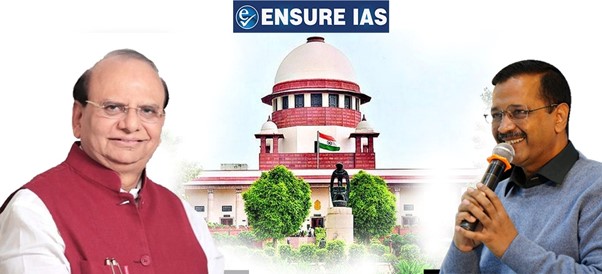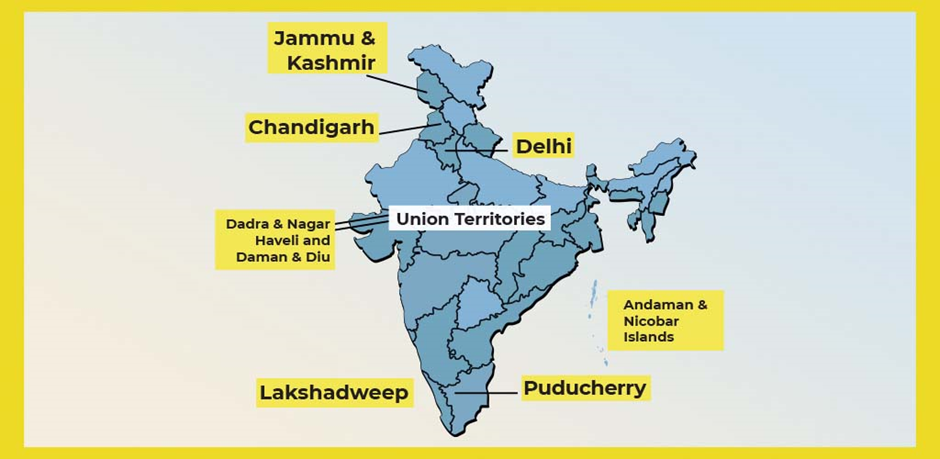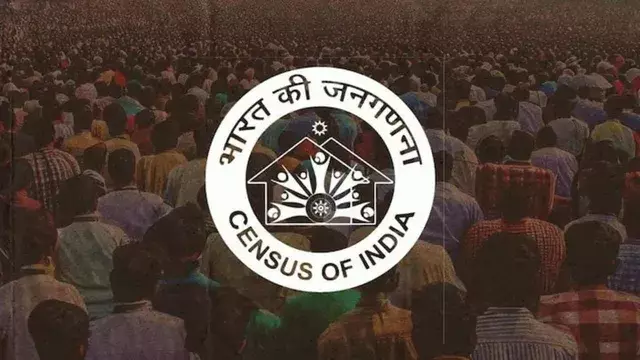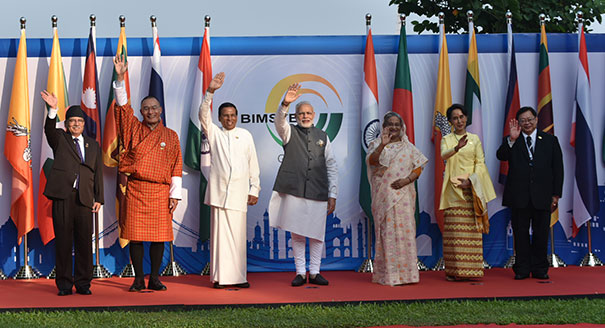- Courses
- GS Full Course 1 Year
- GS Full Course 2 Year
- GS Full Course 3 Year
- GS Full Course Till Selection
- Answer Alpha: Mains 2025 Mentorship
- MEP (Mains Enrichment Programme) Data, Facts
- Essay Target – 150+ Marks
- Online Program
- GS Recorded Course
- Polity
- Geography
- Economy
- Ancient, Medieval and Art & Culture AMAC
- Modern India, Post Independence & World History
- Environment
- Governance
- Science & Technology
- International Relations and Internal Security
- Disaster Management
- Ethics
- NCERT Current Affairs
- Indian Society and Social Issue
- NCERT- Science and Technology
- NCERT - Geography
- NCERT - Ancient History
- NCERT- World History
- NCERT Modern History
- CSAT
- 5 LAYERED ARJUNA Mentorship
- Public Administration Optional
- ABOUT US
- OUR TOPPERS
- TEST SERIES
- FREE STUDY MATERIAL
- VIDEOS
- CONTACT US
SC’s Judgment in Delhi Government vs L-G Case
SC’s Judgment in Delhi Government vs L-G Case
12-05-2023


Latest Context
- Recently, The Supreme Court in the Government of NCT vs LG case has ruled in the favour of the Delhi government that the control over administration including civil servants would lie with the Council of Ministers rather than the Union government.
- It also said that the Delhi government has executive and legislative powers over administrative services except for police, public order, and land.
Background of the issue
- THE KEY ISSUE is that whether the Delhi Government i.e Chief Minister and his Council of Ministers have control over the administrative services in Delhi or not under Schedule VII, List II (State List), and Entry 41 of the Constitution of India.
- Administrative services include appointment, transfer, and posting of IAS, IPS and other officers appointed by the Union Government and also the legislative powers i.e laws and rules-making authority related to service conditions and control over these officers.
- Current situation: Currently, the administrative control is vested with Union Government through the Ministry of home affairs and Lt. Governor. On the other hand, the Delhi government argued that the control over the administrative services should lie with the Delhi government to work effectively.
Chronological development of the issue and final judgement
- 2018-For the above-mentioned issue, the Delhi government went to Supreme Court to resolve this issue.
- 2019-A two-judge Bench of the SC in 2019, delivered its judgment and clarified that under Article 239AA all control lies regarding governance in Delhi lies with the Delhi government but left the question that who will have control over the administrative services in the state for consideration by a larger Bench.
- 2021-Meanwhile, to counter the impact of the SC, Union Government brought the National Capital Territory of Delhi (Amendment) Act 2021 which was seen by the Delhi government as a law to enhance the powers of the Lt. Governor and weaken the control of the democratically appointed government.
- 2022-The Delhi government challenged the validity of the GNCTD (Amendment) Act 2021 on constitutional grounds.
- 2023-The final judgment by the supreme court ruled in favour of the Delhi government that the control over administration lies with the Delhi Government.
Key highlights of the judgment- What the court said?
- L-G bound by advice of CoM- The SC held that the Lt. Governor in Delhi shall be bound by the decision of the Delhi government over services, apart from the items of land, police and public order.
- Rejected Centre’s argument: It disagreed with the Centre’s argument that the Constitution is a federal Constitution with a strong unitary bias as far as UTs are concerned.
- Principle of the triple chain: The SC stated that if a democratically elected government is not given the power to control the officers, the principle of the triple chain of accountability will be redundant.
- The triple chain of accountability refers to: Civil servants are accountable to the cabinet, the cabinet is accountable to the legislature, and the legislature is accountable to the electorate.
- Representative form of government: According to the court, the Delhi Government represents the representative form of government and any further expansion of the Union's power on the UT will be contrary to the Constitutional scheme.
Article 239AA of the Constitution
- Article 239 AA was added to the Constitution by the 69th Amendment Act, 1991 on the basis of recommendations made by the S Balakrishnan Committee.
- The article provides for an Administrator (L-G) and a Legislative Assembly for Delhi.
- As per the Article 239AA, the Legislative Assembly will have the power to make laws for the NCT with the matters related to the State List or Concurrent List except on the subject of land, police and public order.
- It also states that L-G either has to act as per the aid and advice of the Council of Ministers, or he has to refer the matter to President and then is bound to implement the decision taken by the President.
- Thus, this above-mentioned statement is the actual cause of the power tussle in Delhi.
Administration of other UT’s in India
- the Union Territories are dealt with in Part VIII (Articles 239 to 241) of the Constitution deals.
- UTs in India are governed by the President through an administrator appointed by him/her. The administrator is a representative of the President in the UT.
- Chandigarh (UT), Dadra and Nagar Haveli and Daman and Diu (UT) and Lakshadweep (UT) are governed under this system.





